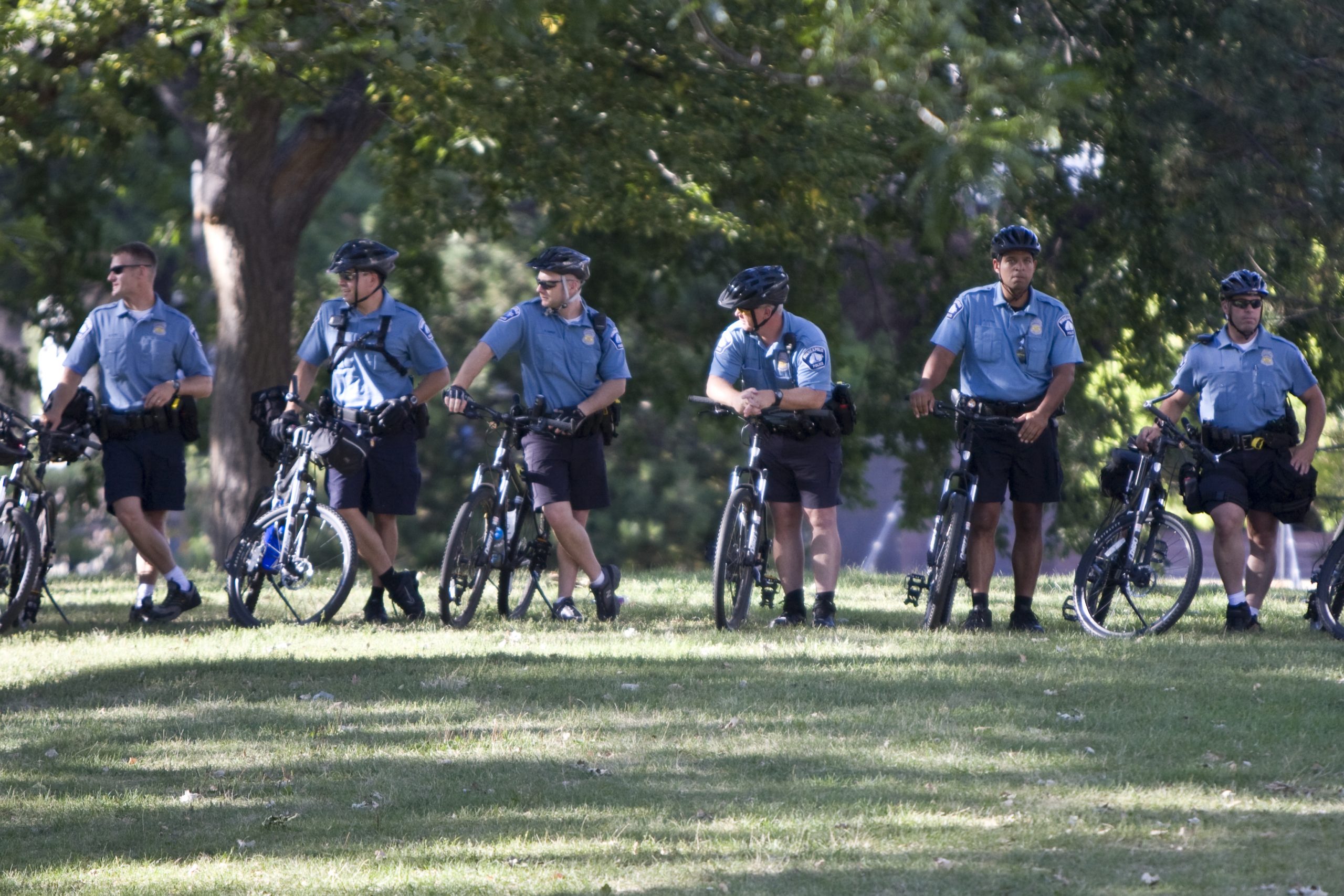By Saul Roth
Fight or flight responses are not healthy in police work. The reason is the body does not actually act on most of these reactions. The officer cannot run from most situations and cannot fight an angry supervisor. In Anderson et al.’s (2002) study, the officer’s heart rates continued to be on average 22 beats over the resting heart rate throughout a 12-hour shift. This can occur from constantly being observed by the public. This all amounts to chronic stress in addition to all of the acute stress. Excessive stress can lead to degenerative health issues, effecting the digestive tract and cardiac health, and leading to blood pressure and diabetes. Additionally, the surge of catecholamines can lead to colon cancer and other digestive cancers (Anderson et al., 2002).
Acute stress usually is brought upon the officer from critical job events. These types of stressors are usually sudden in onset and short-lived. Acute stress can also occur from transfers, new supervisors, or some form of technical difficulty, such as a computer problem. Thus acute stress effects concentration, attention, memory, and the officer’s energy in a negative way. A previous study by Eden (1990) showed that acute stress caused more psychological distress than chronic stress. When an officer experiences acute stress, there is the initial phase of how the officer perceives the acute stress. The second phase involves the officer’s appraisal of the stressor and how he or she subsequently copes with it. Actions the officer might take include developing a plan, taking some type of action, or seeking back up. If it is a stress that the officer cannot handle, he or she might reinterpret the stress, express himself/herself emotionally, or try to avoid the stressor. To handle acute stress, officers usually request as much information as possible about the incident. This is not only astute police work, but also an adaptive coping strategy. Reappraisal of the situation will usually require the officer’s memory of past events. In his or her mind, the officer may attempt to modify the circumstances to fit into a manner he or she can handle. As an example, an individual might threaten an officer. This is an occurrence that might happen at a bar fight. At first, the officer might be on high alert and scared, but the officer might notice the individual is intoxicated. The officer has probably handled intoxicated persons before, and will handle this person in the same way (Anshel, Robertson, & Caputi, 1997).
Stress effects officers no matter how many years they have been in the profession. Officers with different levels of seniority are affected in different ways. A study by Kaslof (1989) showed that officers with between six and 13 years of experience incurred the most stress. This study showed that officers with five years or fewer on the job had the second most stress. Another study by Burke (1989) showed that officers’ midway through their careers experienced high stress from burnout, low job satisfaction, negative workplace setting, and family conflict. These studies did not differentiate acute stress from chronic stress, however (Anshel et al., 1997).
Anshel et al. (1997) conducted a study in South Wales, Australia concerning acute stress in officers within municipal police departments. He excluded officers assigned to rural police departments, as he felt they did not experience enough acute stress. He found that the four assignments that produced the most acute stress were unpredictable situations, domestic disputes, a situation that might involve injury, and confronting a suspect with a weapon. Another study in the U.S. by Brown and Campbell (1990) found that sudden death assignments and struggling with a violent suspect were the most acute stress situations. Westerink (1990) found that injury or death of another officer was a most stressful situation for the officers under study. However, this occurs very infrequently and was thus not included in Anshel et al.’s (1997) study. In my experience as a security policeman in the U.S. Air Force in the Philippines, I responded to a death of another security policeman, SRA Robert Grey. It was a very traumatic experience, and the squadron I was in did not conduct counseling for the responders or his co-workers. That was in 1978. I would hope when this occurs now it is handled differently.


Recent Comments